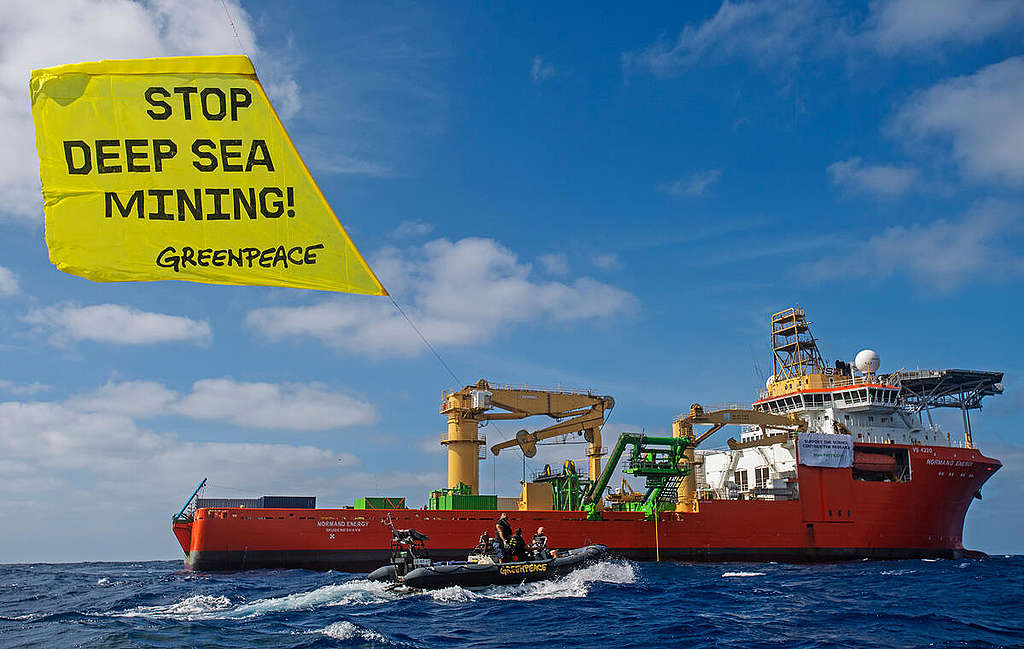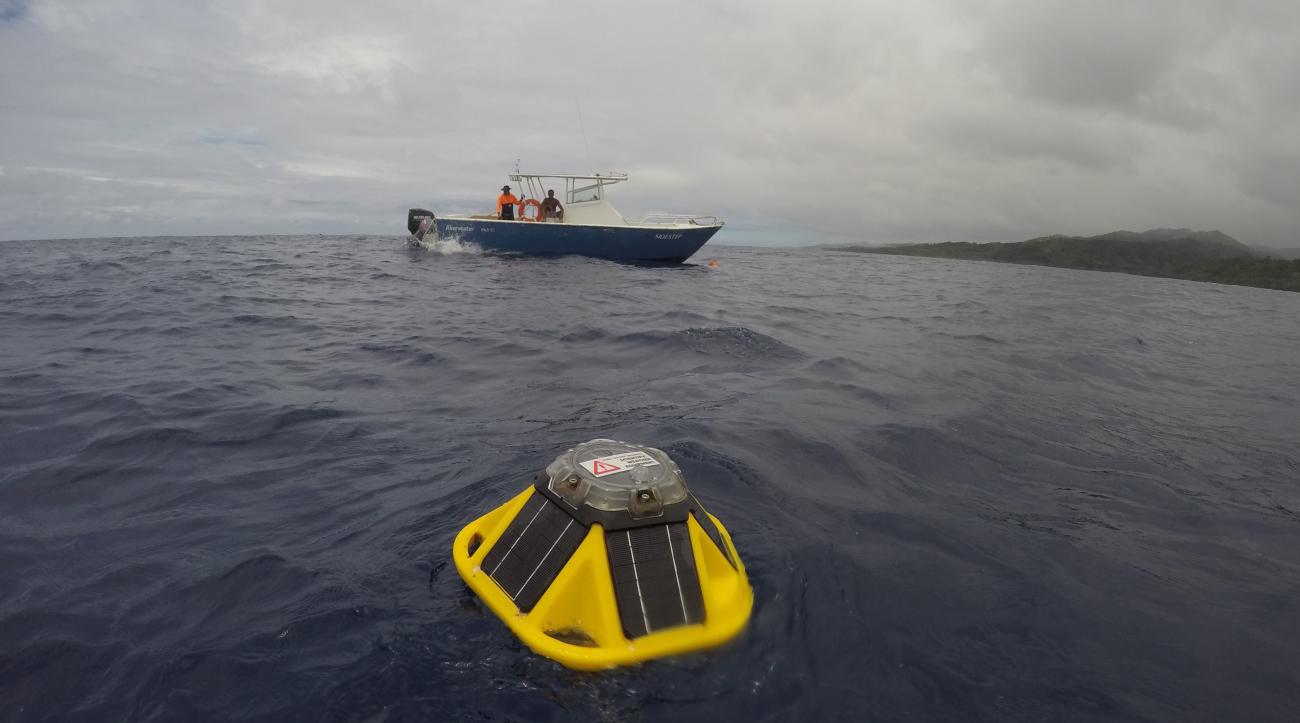Marshall Island based activist urges small island nations to follow science before making decisions on the impact of deep sea mining
A Majuro-based academic researcher and climate activist has appealed to small island nations such as Marshall Islands and Samoa to follow the science when it comes to making informed decisions on the impact of deep sea mining.
Brooke Takala, who is an independent academic researcher and climate activist based in the Marshall Islands capital Majuro, told the Samoa Observer in an interview that small island states should follow the science and don’t engage in the controversial form of extracting minerals from the ocean floor.
“If they (foreign mining corporations) haven’t properly tested it in their waters, yet claim that it is important and safe to mine, why can’t they do it on their turf? Must they come to our shores to test yet again on our waters,” she told Samoa Observer in an interview.
“We depend heavily on our oceans, the oceans control our weather, control our livelihood must they take that away from us…we have had enough.
“We have seen this before…it would be completely foolish of us to ignore the detriments as pointed out by numerous scientists and environmentalists about deep sea mining, especially since we don’t know how deep the footprint would be and how long we would have to recover from such exploitation.”
According to Takala, the consequence of deep sea mining could impact the “breathing environment for the people” as islanders depend on the ocean for their livelihood, and she says the sanctioning of deep sea mining in one’s territorial waters can be considered “an act of violence”.
She then made reference to the Bikini Atoll in the Marshall Islands, which was the site of nuclear testing by the U.S. military between 1946 and 1958 and led to the relocation of its island residents.
The appeal by Takala to the Marshall Islands and Samoa follows the release of a joint statement in March this year by six environmental organisations and corporations including Greenpeace and World Wildlife Fund that condemned moves to promote the exploration of metal deposits and called for the preservation of the marine ecosystem as well as preserving and maintaining marine biodiversity in good health.
“Minerals and metals for the green shift should be obtained from consumption reduction and better reuse on land, not from the depths of the sea where brutal mining can do irreparable damage to nature,” says the joint statement by the environmental organisations and corporations.
Last week an environmental activist from Fiji, Victor Pickering released a statement through Greenpeace Pacific highlighting his position on deep sea mining and how he feels inter-connected to the ocean as an islander.
He said the ocean is the identity of all people of the Pacific and connects not one or two islands but 25,000 islands.
This story was produced by Krystal Selwood Juffa at Samoa Observer on 7 June 2021, reposted via PACNEWS.
Banner: Greenpeace International activists protest against deep sea mining company Global Sea Mineral Resources (GSR), a subsidiary of the Belgian company DEME, in the Pacific Ocean. The activists deploy a flying banner reading “Stop Deep Sea Mining!” from an inflatable boat. Photo: Marten van Dijl / Greenpeace




